This conversation is part of a series of interviews with various brothers and teachers, including many fellow writers, all of which are part of the body of work surrounding my book-length memoir An Ordinary Disaster—one man's proof that we can all learn to listen to ourselves, and to act upon the inner voice of our self, our sanity and our soul.
In this first episode, my friend and collaborator Adam Gayner and I talk about how safety, freedom, expression and leadership contribute to a richer life. Adam is the guy behind the genius brand FRED Water, runs a very successful brand and strategy agency and is in the process of launching a new company in the longevity space.
Adam is the guy who introduced me to the phrase “love and respect,” a man whose presence I greatly admire, and that I continue to want to get to know more deeply, all of which is why I've invited him to be with us here today.
If you’d like to listen to this show in your favorite podcast app, just paste this URL into where it says “add by URL” → https://api.substack.com/feed/podcast/25958.rss — further instructions are here.
Show Notes
Adam: Feeling safer with myself is more able to be myself. A “looser me.” More present, more calm. More sensitive. It’s a physical sensation, a joyful release.
Bowen: In terms of communication and expression, “I didn’t grow up boys don’t cry, I grew up everybody does nothing. It wasn’t gendered.”
Safe and free are two sides of the same thing. If I feel safe, I feel free.
Group dynamics. Framing and containers for safety—not being judged, and not getting/giving advice. And—it’s a personal practice. Groups can provide a place to practice being ourselves.
“Safety” in groups often becomes bureaucracy. This sort of safety that depends on a lot of rules is very fragile (see Nassim Taleb’s book Antifragile). We get safe more by practicing being ourselves than from a “safe space.”
The western equation is that we have to work to get free, but it’s the other way around. If we focus on getting free, then we actually have the energy to do good work.
What’s not there in society that is present in groups, in terms of safety and freedom? In some ways, nothing. It’s mostly about one’s own internal, personal practice. We’re all here to be ourselves as much as possible, and the more we practice expressing ourselves, the easier it gets. As a result of the practice that I’ve had in groups, I feel more free to express myself in general. As a result of that practice, I don’t feel much different in a group, in therapy, and out in the world.
How judgement, and ‘feedback’ from others can take us out of ourselves and put us in a defensive position. Feeling safe is slowing down, receiving someone’s reflection and then clarifying. Safety leads to clarity.
Material that isn’t expressed creates shadows; it takes on a life of its own. Integration requires expression. Sexuality. Things that happen ‘at night.’ Bringing it into the light. Talking about it during the day. The invitation to bring any material into the light. And, the invitation is also a request for help to grow, and an offer to help grow. That’s what we’re here to do. That’s what relationship is for—to grow together.
Freedom to be your fuller self. More integrated. See Richard Schwartz’s Internal Family systems (IFS) model. How to integrate the younger parts of ourselves. Bringing the night into the day. “Grow up” is often code for “shut up.”
Feeling safety allows us to offer safety to others. Safety creates space for leadership. You have to lead yourself first—and that creates opportunities for others.
The invitation creates a safe space, which leads to a richer life, and…Jed’s a millionaire.
You can find Adam here on LinkedIn.
New here? Please make sure that you’re subscribed—and remember, paying subscribers get buttons!
Dig this? Please share with someone else who will too.
Love reading?
You might enjoy some of my other writing on the subjects of freedom, safety, invitation, and men’s work. I also recommend Nassim Taleb’s book Antifragile, and Adam mentioned Richard Schwartz’s Internal Family systems (IFS) model.
Please stick around — I’ve got some questions for you…
What does safety feel like to you? What’s the relationship between safety and freedom?
Do you have any experience with group work, or men’s work? If so, what have you learned from that?
Have you had the experience of bringing something from your shadow, or dark side, into the light—expressing it? What has that been like for you?




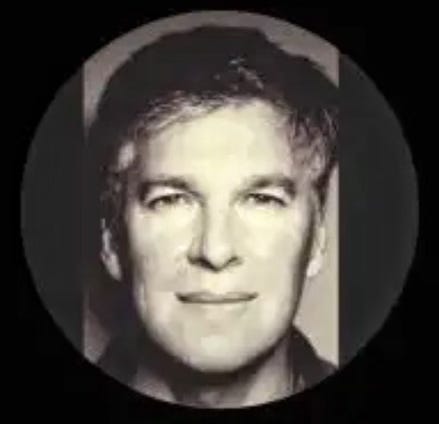


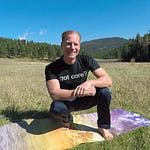


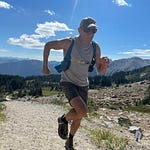
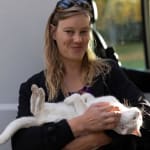
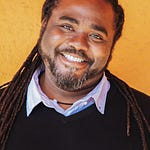
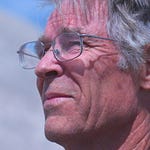
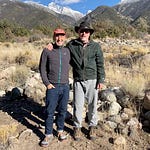
Share this post